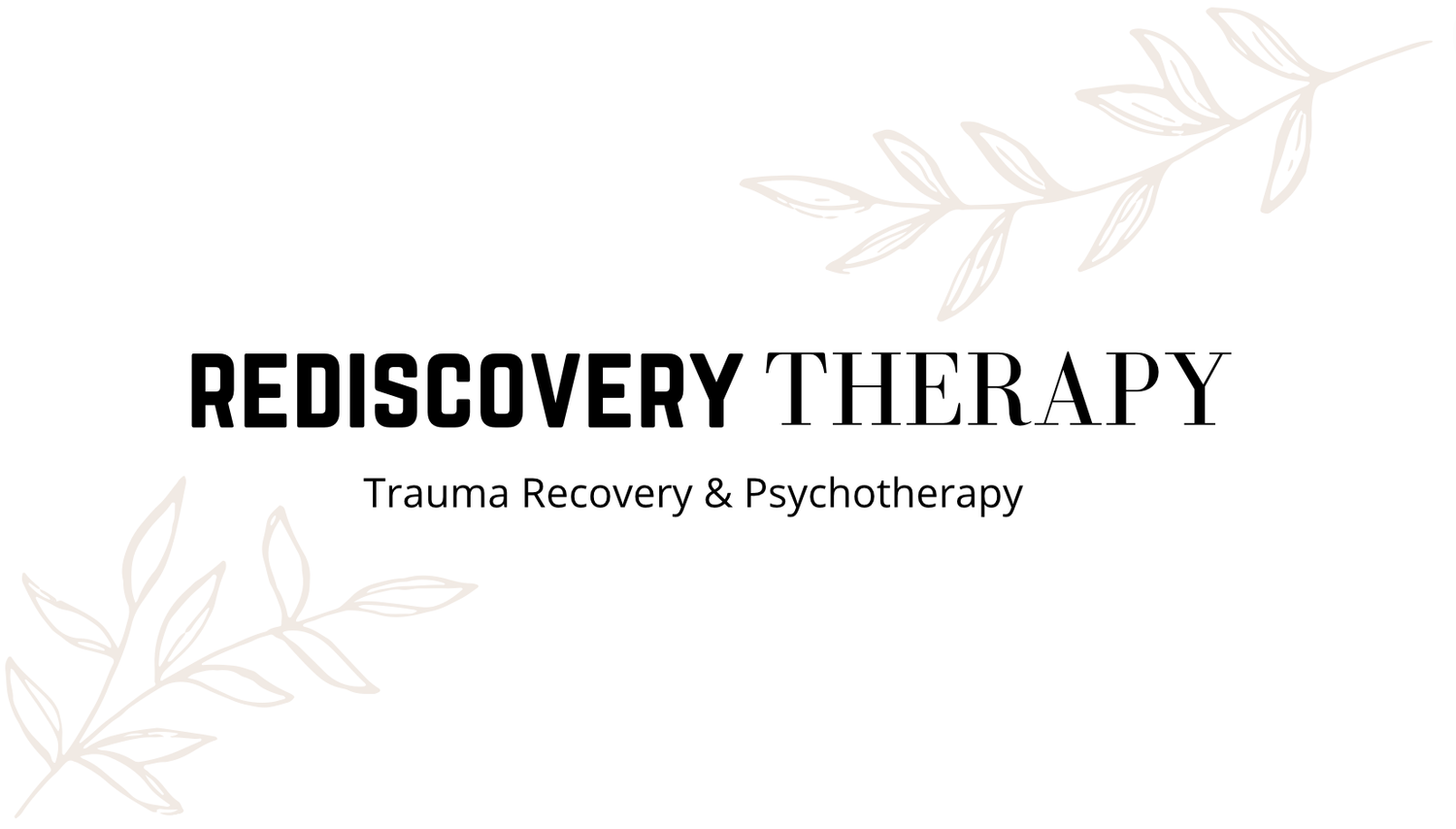Unconscious Learnings
Our brains are meaning making, pattern noticing, learning machines. When we experience a traumatic or difficult event or grow up in a chronic stress or dysfunctional family - our brains are learning things about the world or ourselves from those experiences.
We might “learn” that the world is unsafe, or that our emotions aren’t allowed, or pick up a belief that we are unwanted or unworthy. Whatever Those learnings are - they make perfect sense in the situations where they were formed and often continue to live on within us, unconsciously being played out throughout our lives.
I want to give you an example to illustrate this point: If we grow up with a parent who gets angry any time we show sadness/frustration, we absolutely have to learn to not show that emotion - in that context we cannot express our needs through our emotion of sadness/frustration because it puts us in physical or psychological danger, if they’ll ignore/abandon us. In that case, shutting down our feeling of sadness is a brilliant survival strategy that keeps us connected to our caretakers who we are dependent on.
The thing is, Trauma brain overgeneralizes and amplifies - it doesn’t learn “I can’t show sadness with my parents because they’re not emotionally able to handle it” it learns “I can’t show emotions with anybody because it’s dangerous.” When we’re in a situation that feels similar to being with that angry parent, our brain is going to say - “Oh i know how to handle this, shut down your emotions”
The work here is to pull apart and recognize those old learnings that are no longer applicable or necessary but that we might still be using to interpret the world around us.
Is our loving partner or trustworthy friend actually going to respond like our parents - or would they be open and receptive to us?
Recap: Our brains learn in overgeneralized ways and apply those learning to many situations.
What do we do Next? This is where practicing presence can be a powerful way to support healing and change our interpretation of the world around us,
So we’ve got this learning, it helped us get through childhood or a difficult event - Then we move through the world with that learning subconsciously interpreting our experience. In essence, we’re living in an old memory - trauma takes us in the past.
By becoming present - we can start to train our brain to notice that things are different now - these can be tiny moments of healing.
We’re not children, we’re not in that traumatic situation - we’re here today. We’re not living in the past or in the haze of that traumatic learning. We’re telling our brain we’re not there, we're here. “This is my loving friend or my boss - not my angry parent”
Then we have a greater capacity to respond in a different way.
Honestly these learnings/beliefs are hard to notice on our own. This where an outside perspective is really helpful like a therapist, close friend, partner, or a trusted family member who knows our history. Ultimately, before we can change these old learning we have to recognize and understand them. Slowing down and becoming present and curious about what is happening inside of us, helps us get there.
Takeaway: Our brains overgeneralize and apply those learning to many situations. Trauma brings us to the past and we view current moments from past lenses. Practicing presence brings us to the now and allows us to take in new information that leads to healing and change.

